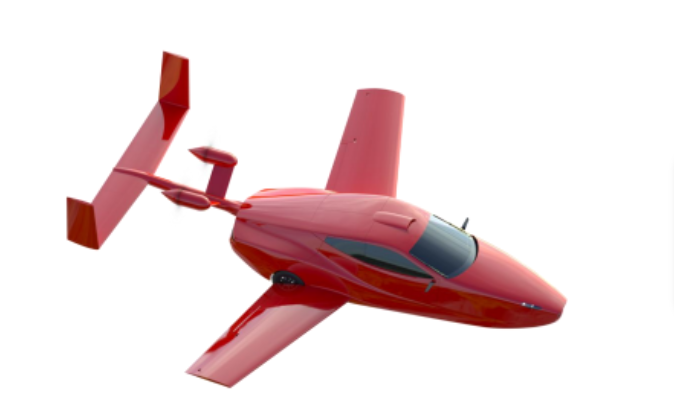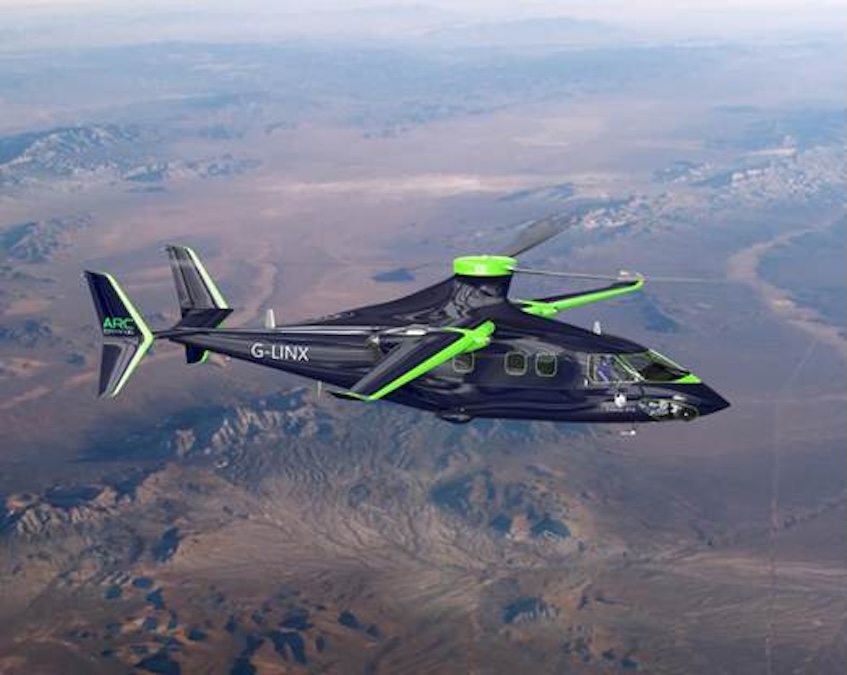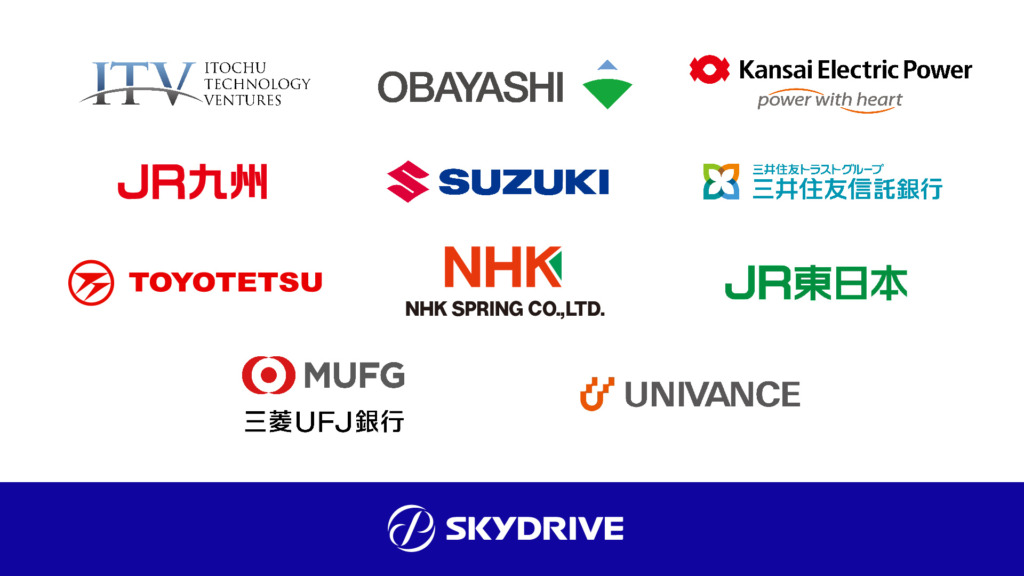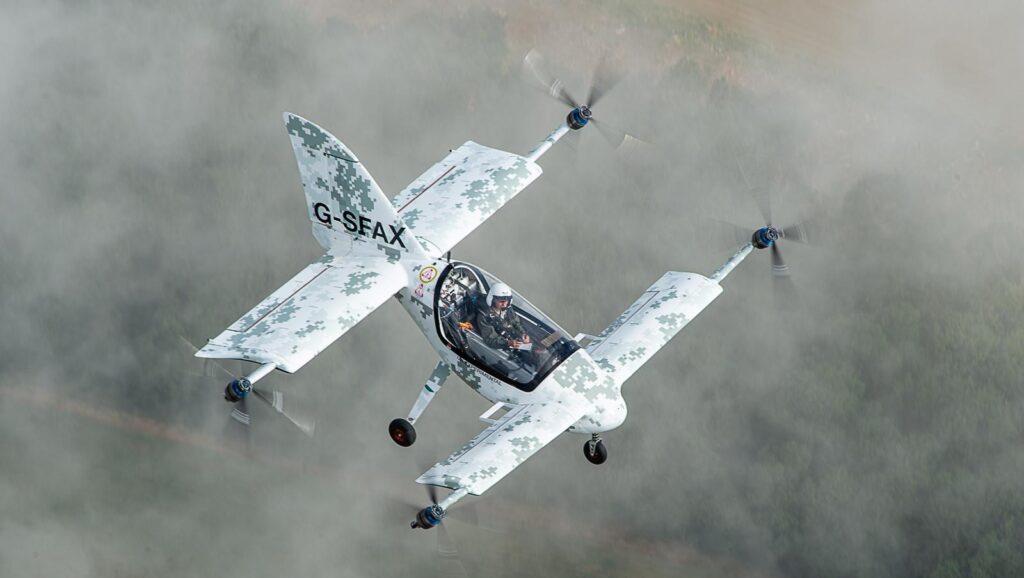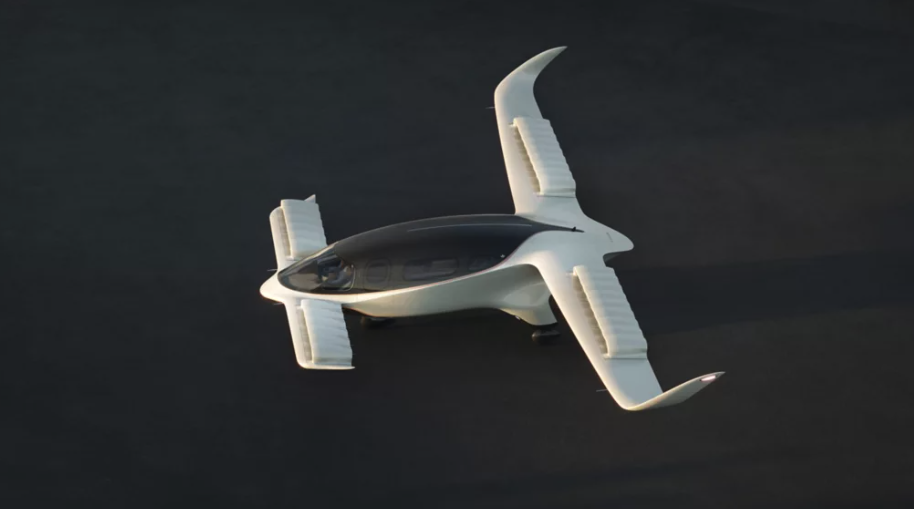
Honeywell has been selected to supply propulsion unit position sensors for the Lilium Jet eVTOL.
Honeywell designed these sensors, known as “resolvers,” specifically for the needs of the Lilium Jet. The sensors will play a critical role in accurately sensing the engine’s position, ensuring that the jet can safely reach the exact position required for a successful takeoff.
Creating sensing solutions for regional air mobility supports Honeywell’s portfolio alignment to three compelling megatrends: automation, the future of aviation and energy transition. Honeywell is an investor in Lilium and supplies many key components for the Lilium Jet, including e-motors for the engines, avionics, onboard thermal management systems, and the flight control computer.
Yves Yemsi, Lilium chief operating officer, said; “Honeywell’s expertise in both the aerospace and sensing industries means that they are able to understand the unique needs of and create tailored solutions for the Lilium Jet.
“In rethinking the traditional resolver, Honeywell is playing a key role in turning our concept, a fully-electric jet that takes off and lands vertically, into a reality.”
Sarah Martin, President of Honeywell Sensing Solutions, added; “This expansion of the existing partnership between Honeywell and Lilium demonstrates the companies’ ongoing commitment to create solutions for the future of more sustainable transportation.
“A growing number of eVTOLs will be flying above us in the very near future, representing a groundbreaking step in the electrification of air transport. Our sensors, though small, are playing a large part in making these aircraft a reality.”
Honeywell, working closely with Lilium, created a customized, solid-state resolver using patented spiral magnet technology and magneto resistive sensors that can determine the position of magnetic objects. The resolver is substantially less expensive and lighter-weight than traditional counterparts. Although specific to the Lilium Jet, this Honeywell-patented technology can be replicated across other types of electric aircraft and will play an important role in furthering the adoption of advanced air mobility.




